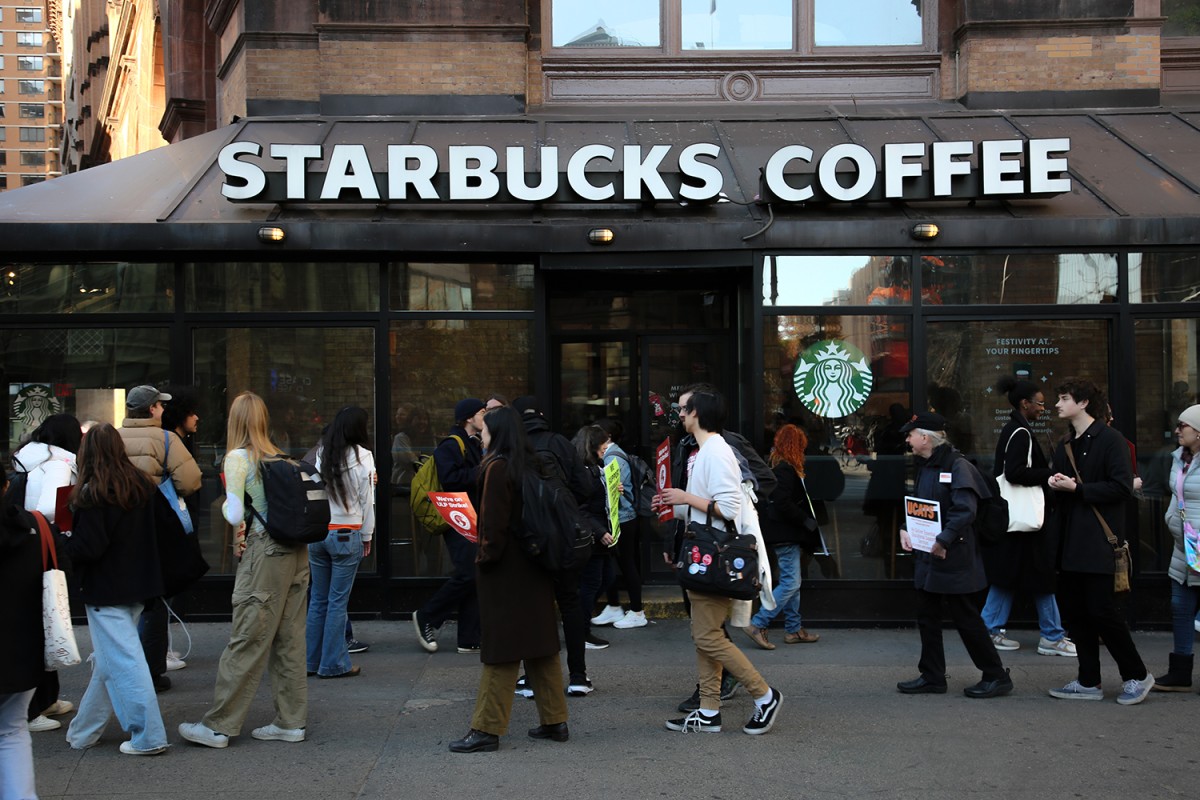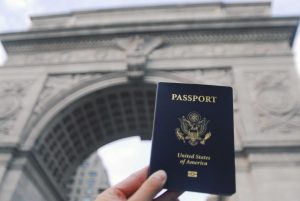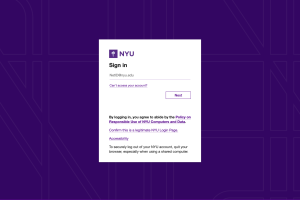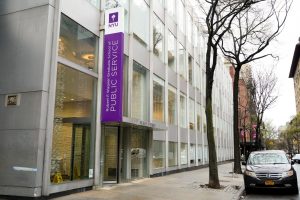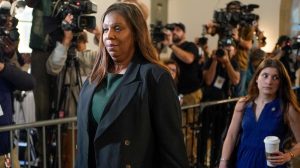Students rally against Starbucks at Kimmel teach-in
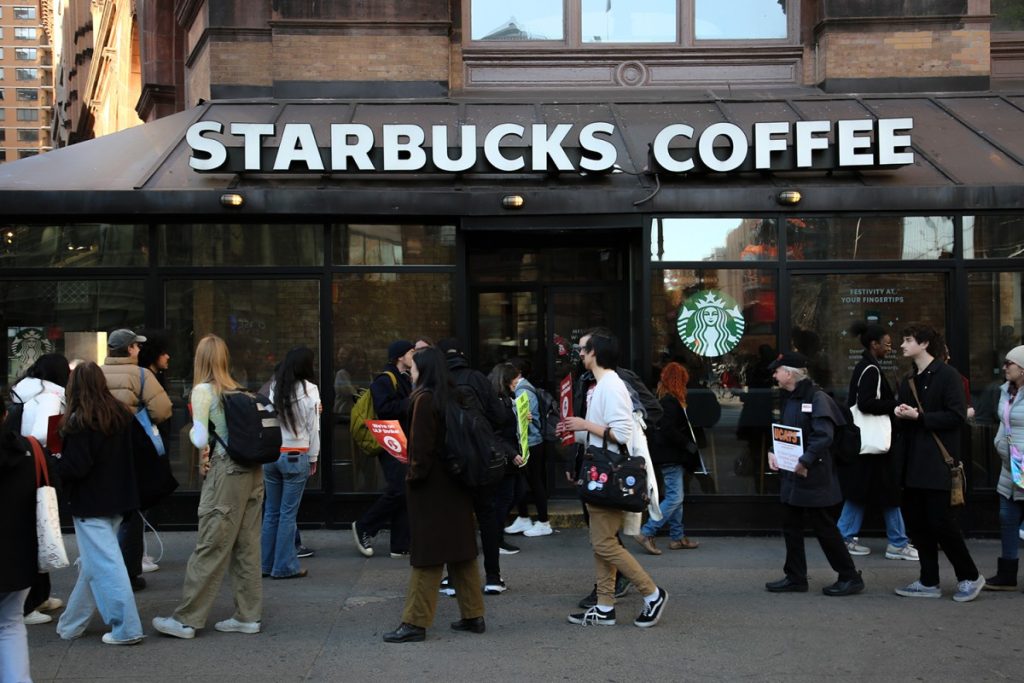
Around two dozen professors, students and Starbucks baristas from NYU and Hunter College demanded that administrators sever ties with the global chain at a teach-in at the Kimmel Center for University Life on Thursday.
NYU’s chapter of Students Against Starbucks organized the event, in partnership with Starbucks Workers United and the university’s chapter of Young Democratic Socialists of America. The four panelists — speakers from the organizations and student baristas — demanded the university end its contract with the Starbucks on West Fourth Street amid the company’s ongoing refusal to negotiate a union contract.
“Starbucks is currently refusing to negotiate in good faith and meet workers at the bargaining table to sign a fair contract,” YDSA member and Liberal Studies sophomore Sophia Pandya told WSN. “We feel a responsibility as students at a university with a contract with Starbucks. It’s really important that we say to their consumer base, ‘We will not stand for you treating your workers poorly.’”
The panelists demanded that Starbucks guarantee livable wages, stable scheduling and protection from unfair labor practices. According to Starbucks Careers, baristas in New York City are generally paid between $17.50 to $20.15, compared to the city’s $16.50 minimum wage. YDSA said in March that it would reinstate its campaign to replace the on-campus Starbucks — which accepts Dining Dollars from student meal plans — with a local coffee shop, unless administrators show public support for the union.
Rami Saied, a Starbucks barista from Hunter College, said that the company also imposed a “draconian” dress code in May without consulting workers, requiring them to wear solid black shirts and khaki, black or blue denim bottoms. The day before it went into effect, over 2,000 baristas at 120 stores staged a walkout, though the policy still remains in practice. Last month, Starbucks workers in California, Colorado and Illinois filed complaints over the company’s attire restrictions and its refusal to reimburse employees for new clothing costs.
“I know multiple workers who have been sent home because they showed up in a white shirt — or if there’s a pattern on your shirt, they’ll ask you to turn it inside-out,” Saied told WSN. “That’s one of the most common controversial practices.”
In spring 2024, NYU’s Student Government Assembly passed a resolution also calling on the university to replace the on-campus Starbucks with a local coffee shop, citing allegations that the company bought from suppliers with “documented history of child labor, forced labor, sexual harassment and assault.” Around the same time, students garnered over 500 signatures on a letter to President Linda Mills, calling her to cut NYU’s ties with Starbucks because of its reported labor law violations.
Saied added that while some baristas are assigned unpredictable shift hours that vary week to week, others are repeatedly denied full-time schedules upon request — both of which make it difficult for workers to plan around work.
“This is our time as a union to get the ball rolling, and get Starbucks to come back to the negotiating table,” Saied said. “Acts of solidarity are huge because working at Starbucks can be so isolating sometimes.”
The Starbucks at Astor Place, which was one of the only unionized locations near NYU’s main campus, closed July 2024 due to rent hikes. YDSA had hosted several rallies outside the business, including a daylong strike on Red Cup Day in November 2023, demanding better working conditions, wages and benefits for Starbucks employees.
Cornell University announced that it will terminate its contracts with Starbucks in June 2025 following a court ruling that the company penalized students for not working during academic breaks. Students from schools such as the University of Washington and University of Wisconsin-Madison have also called their administrators to terminate contracts with Starbucks.
“Unions are critical to lifting the wage floor for everyone,” Wagner professor Anne Marie Brady told WSN. “Even if you are not represented by a union, when unions negotiate better working conditions, wages and benefits, that has spillover effects to other, non-unionized industries. Because they all have to compete for the workplace, for the workers — and that has a larger societal impact.”
Contact Selin Kemiktarak at news@nyunews.com.
This story Students rally against Starbucks at Kimmel teach-in appeared first on Washington Square News.
